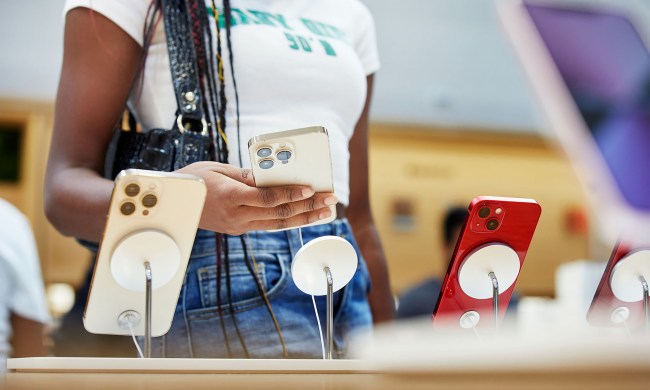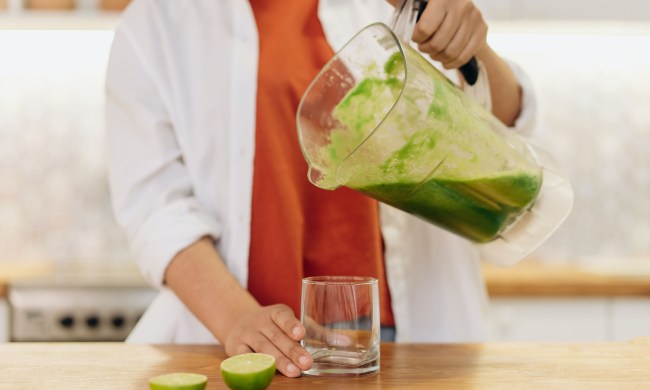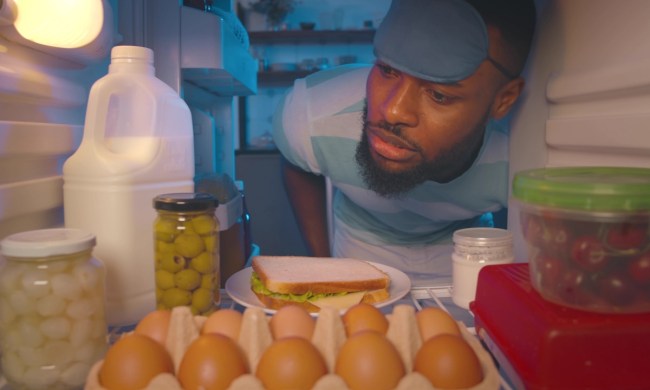Are you the sort that falls asleep but then wakes up every so often throughout the night? Perhaps your sleep is restless. Maybe you sleep for a total of eight hours but wake up exhausted. It happens to millions of people every night, so you’re not alone if any of the previous descriptions match your experiences.
The problem is that there could be a host of reasons why your sleep is suffering. Moreover, you must find a solution to your sleep issues because a lack of sleep is behind many other health problems. While a person’s lifestyle might lie at the root of sleep troubles, most want an immediate fix.
With that in mind, many individuals turn to over-the-counter remedies like melatonin or Benadryl. There are benefits and downsides to both, so we put together this brief comparison that we hope will help you choose what’s best for you.
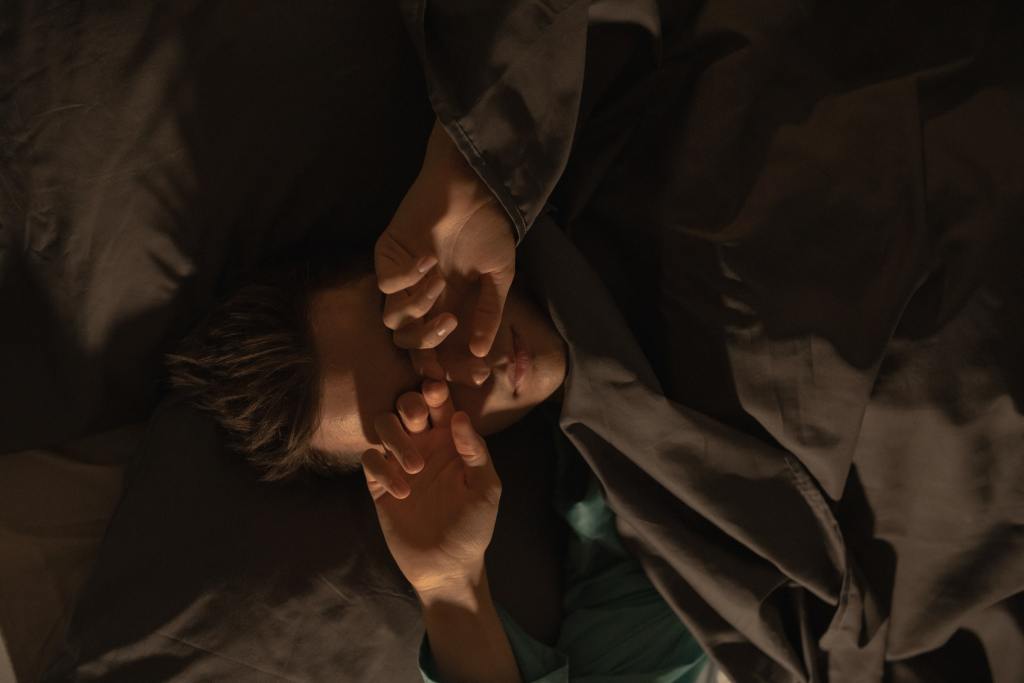
Benadryl vs. melatonin: which one is right for you?
First of all, take note of the symptoms you’re experiencing, and talk to your health care provider about them. If you suffer from broken sleep on a regular basis, your condition may need more intervention than over-the-counter medication.
With that said, Benadryl (diphenhydramine) lessens the effects of histamines in the body. It’s often used to alleviate allergy symptoms like itching, watery eyes, sneezing, and a runny nose. However, it can also be used to treat some Parkinson’s disease symptoms, motion sickness, and it can induce sleep.
Melatonin is a natural hormone on the other hand. Your body produces it to help maintain your overall wake-sleep cycle. It can also be made synthetically, and you can find it sold as a dietary supplement in the United States.
Typically, melatonin is used to help adjust the sleep cycles of blind people, reduce the symptoms of jet lag, and treat sleep disorders in people who have alternating day/night work schedules. However, it’s also used for general insomnia.
Both Benadryl and melatonin can help you if you’re trying to get to sleep. Here are the benefits of each.
The benefits of Melatonin
As previously noted, melatonin is a chemical that your body produces naturally. In fact, it’s one of your body’s principal sleep-inducing hormones. It typically activates when it starts to get dark outside, and it stops being active when the sun rises.
Because modern life presents all kinds of challenges to people who desperately need sleep, scientists worked to synthesize melatonin. They were successful and turned it into a dietary supplement.
Now, when your body’s circadian rhythm is thrown out of whack, you can take melatonin, and about an hour or so later, it’s likely that you’ll start to feel drowsy.
The benefits of Benadryl
Unlike melatonin, Benadryl isn’t a hormone that’s made naturally in the body. Instead, it’s a pharmaceutical drug designed to treat symptoms brought on by various illnesses. As stated above, Benadryl is an antihistamine that can help overcome symptoms like itching, runny noses, watery eyes, and sneezing.
Your immune system makes chemicals called histamines that respond to allergens like dust, pollen, and animal dander. Benadryl works to reduce your body’s histamine response. Drowsiness along with dizziness and fogginess are actually side effects of this medication. You should never drive after taking Benadryl because of these side effects. If all you need is rest, however, then Benadryl is a standard option.
With that said, it’s still recommended to speak with a medical professional before purchasing and using Benadryl for use as a sleep aid.
Downsides to using melatonin
Although melatonin is not a pharmaceutical drug, it still has a few downsides. For example, it may interact negatively with the use of alcohol, some medications, and cannabis. Additionally, some people experience side effects such as headaches, nightmares, transient depression, and even insomnia.
Potential downsides to using Benadryl
Interestingly, although Benadryl is used to help people who experience allergic reactions it can, itself, be an allergen. If you’re someone who is allergic to Benadryl, you obviously should not use this medication. It’s also important to note that your body develops a resistance to the sleep-inducing effects of antihistamine, which means the longer you take Benadryl, the less likely it is to make you drowsy.
You should also ask a doctor or pharmacist if it is safe for you to take Benadryl if you have medical conditions like:
- Liver or kidney disease
- Heart disease
- Low blood pressure
- Glaucoma
- A thyroid disorder
- Bladder obstruction or other urinary problems
- A colostomy or ileostomy
- A blockage in the stomach
- A blockage in the intestines; or
- If you take potassium
Additionally, you should ask a doctor if taking Benadryl is okay if you are pregnant or nursing.
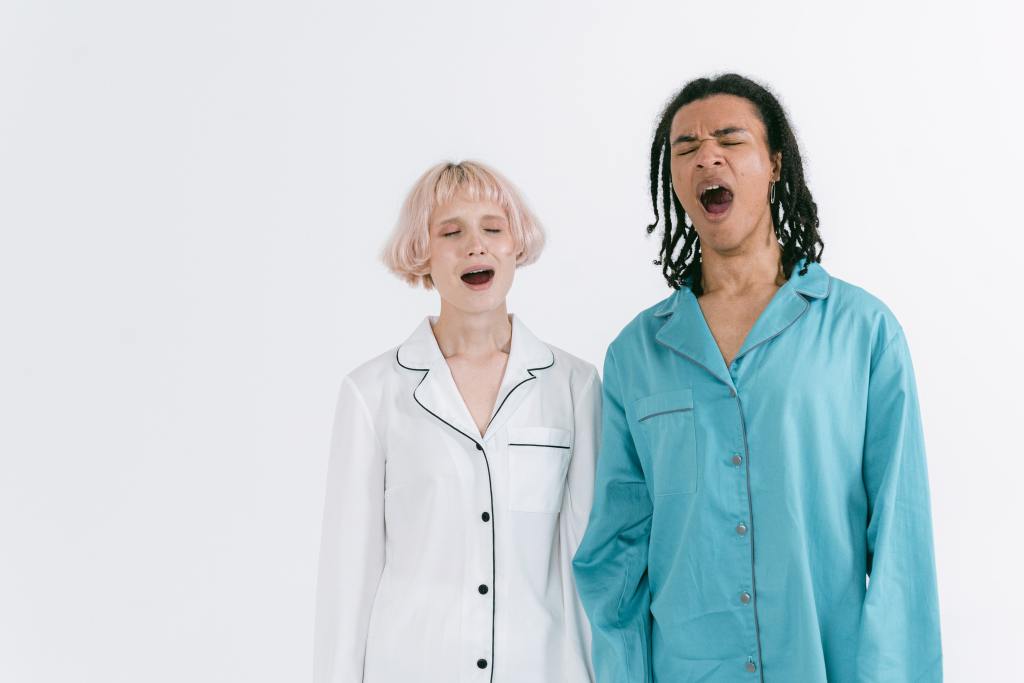
Get some sleep
Remember that there are other sleep aids available besides over-the-counter medicines and dietary supplements. There’s chamomile tea, valerian root, and all kinds of advice for creating the right environment for sleep. For instance, such as turning off your digital devices at least an hour before going to bed.
However, suppose it’s 2:00 a.m., and you’re just laying there tossing and turning. In that case, both melatonin and Benadryl could be effective in helping you drift off to dreamland. Just remember that you should always speak to a medical professional before using Benadryl.
BlissMark provides information regarding health, wellness, and beauty. The information within this article is not intended to be medical advice. Before starting any diet or exercise routine, consult your physician. If you don’t have a primary care physician, the United States Health & Human Services department has a free online tool that can help you locate a clinic in your area. We are not medical professionals, have not verified or vetted any programs, and in no way intend our content to be anything more than informative and inspiring.
